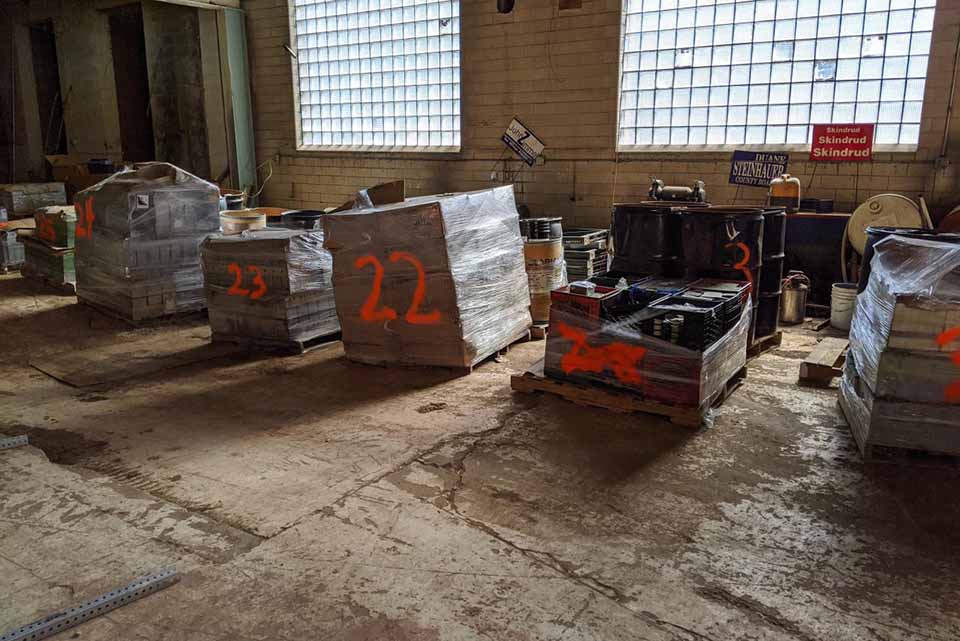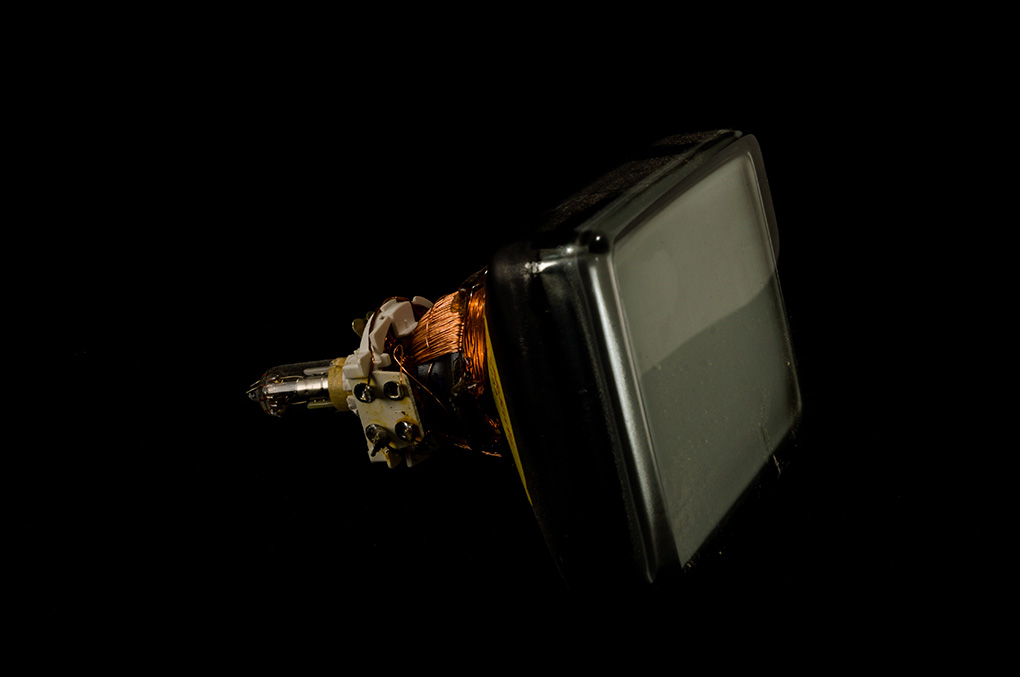
News about an Arizona bill mandating solar panel recycling captured clicks in March. | Heinz Trebuth/Shutterstock
Coronavirus concerns, solar panel recycling and California CRT markets drew our readers’ attention last month.

News about an Arizona bill mandating solar panel recycling captured clicks in March. | Heinz Trebuth/Shutterstock
Coronavirus concerns, solar panel recycling and California CRT markets drew our readers’ attention last month.

View of staging area for pallets of batteries at Battery and Electronics Recycling Inc. | Courtesy of U.S. E.P.A.
Because of the coronavirus, federal officials have suspended the cleanup of a former battery and e-scrap recycling facility in Wisconsin.

The $2 trillion Coronavirus Aid, Relief, and Economic Security (CARES) Act includes $377 billion for small businesses. | ItzaVU/Shutterstock
The bipartisan stimulus bill signed into law by President Trump last week includes hundreds of billions of dollars in assistance to companies with fewer than 500 employees.

Business shutdowns and work-from-home orders around North America have made it difficult for many ITAD and e-scrap recycling companies to obtain material for processing. | Oleksandr Berezko/Shutterstock
A number of ITAD companies will fail, but those strong enough to survive coronavirus-related revenue losses will encounter post-pandemic advantages, an ITAD market analyst predicts.

E-scrap company eCycleSecure shipped over 7 million pounds of CRT materials to Closed Loop in Columbus, Ohio. | underworld/Shutterstock
A $900,000 settlement has been reached in the lawsuit over Closed Loop Refining and Recovery’s abandoned CRT materials in Ohio, the largest agreement yet.

Battery fires are an increasingly relevant concern for electronics recycling facilities. | zeyaman/Shutterstock
A recently published guidance document helps recycling facilities draft plans to avert and mitigate fires.

